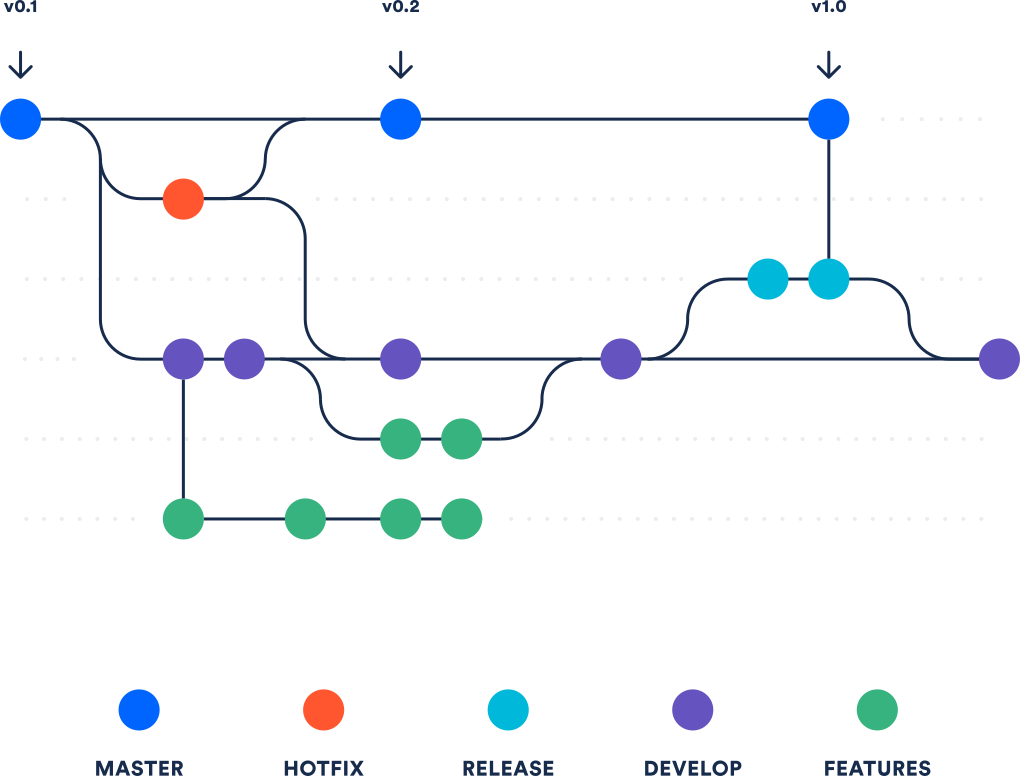Version Control

-
Advantages of Version Control:
-
Change History: Version control systems maintain detailed records of all changes made to files. This allows teams to track what, when, and by whom changes were made.
-
Collaboration: Developers can work simultaneously on the project without disrupting each other's work. Everyone can create, edit, and comment on changes, facilitating effective collaboration.
-
Backups and Recovery: Archiving different versions enables easy recovery in case of issues or errors. This enhances the project's reliability.
-
Testing Changes: Changes can be tested before being merged into the main code. This reduces the risk of introducing errors into the production environment.
-
Granular Control: Developers can choose which changes to include in the next version of the software. This simplifies managing new features and improvements.
Types of Version Control Systems:
-
Centralized Version Control System (CVS): This model maintains a central repository where file versions are stored. Developers take and submit changes to this central repository.
-
Distributed Version Control System (DVCS): Here, each developer has their local repository to work with. Changes can be combined and shared among different repositories.
-
